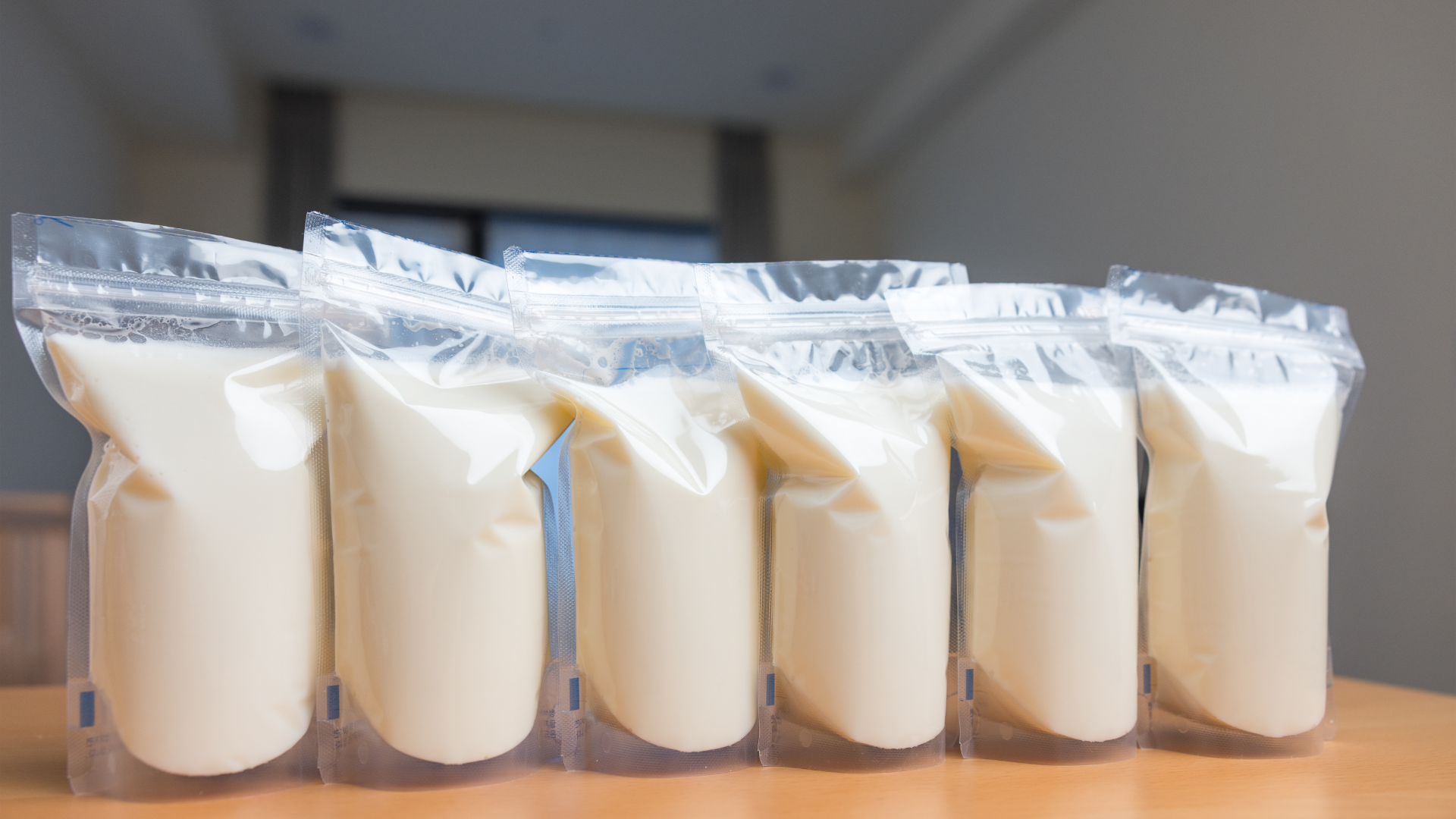Breastfeeding for Preterm Babies: A Guide for Parents
文章作者: Dr. Leong Jen Jen, Consultant Paediatrician & Neonatologist
20 August 2025
Breastfeeding a premature baby is different — and more important than ever. As a neonatologist, I have walked with many parents through their NICU journey, and I know how overwhelming it can feel. My goal is to help you understand why breast milk matters so much for preterm babies, and how you can give your baby the best possible start.

Why Breast Milk is Critical for Preemies
Breast milk is uniquely designed for your baby — and this is especially true for premature babies. It is more than just nutrition:
- Immune protection and gut support – strengthens your baby’s defenses.
- Reduces the risk of necrotising enterocolitis (NEC) – a serious intestinal condition in preemies.
- Lowers infection and sepsis risk – protecting fragile immune systems.
- Supports brain and organ development – essential in the early months.
- Gentle on tiny tummies – easier to digest than formula.
Express Early, Even If Your Baby Can’t Feed Yet
If your baby is born too early to breastfeed directly, expressing milk is the first step.
- Begin expressing within 1–2 hours after birth, if possible.
- Aim for 8–10 pumping sessions daily to establish supply.
- Your colostrum — the first drops of milk — is packed with antibodies and is like liquid gold for your baby.
- Continue expressing regularly until your baby can latch and feed directly.

Fortified Milk for Preterm Nutrition
Sometimes breast milk alone isn’t enough to meet the high nutritional needs of preterm babies. In these cases:
- Human Milk Fortifier (HMF) may be added to expressed breast milk.
- This provides extra calories, protein, and minerals for growth and bone strength.
- Fortifiers are introduced once your baby is taking a certain volume of feeds.
Skin-to-Skin Contact Helps Milk Flow
Spending time holding your baby skin-to-skin (also known as Kangaroo Care) is powerful for both of you.
- It stabilises your baby’s heart rate, breathing, and temperature.
- It triggers your body’s milk-producing hormones, improving supply.
- It helps your baby learn to latch earlier and more successfully.

Feeding Methods in the NICU
Preemies may not be ready to breastfeed right away, so doctors and nurses use different methods to help them get your milk safely:
- Tube feeding – for babies who cannot suck yet.
- Cup feeding – to avoid nipple confusion.
- Direct breastfeeding – gradually introduced when your baby is strong enough.
Your baby’s feeding plan depends on their gestational age and medical condition.

Preparing for Discharge: Your Baby’s Feeding Plan
Before going home, you’ll receive a personalised feeding plan that may include:
- Direct breastfeeding
- Expressed milk top-ups
- Continued fortifier use (if needed)
I always guide parents on recognising hunger cues, safe milk storage, and how to confidently feed at home.
Final Thoughts
Breastfeeding a premature baby takes patience, persistence, and support. Remember — every drop of breast milk counts, even if your baby cannot breastfeed directly at first. With time, guidance, and encouragement, most preemies can transition to breastfeeding and thrive.
You are not alone in this journey. Reach out to your NICU team, lactation consultants, and support groups — we are here to help you and your baby every step of the way.
返回






























